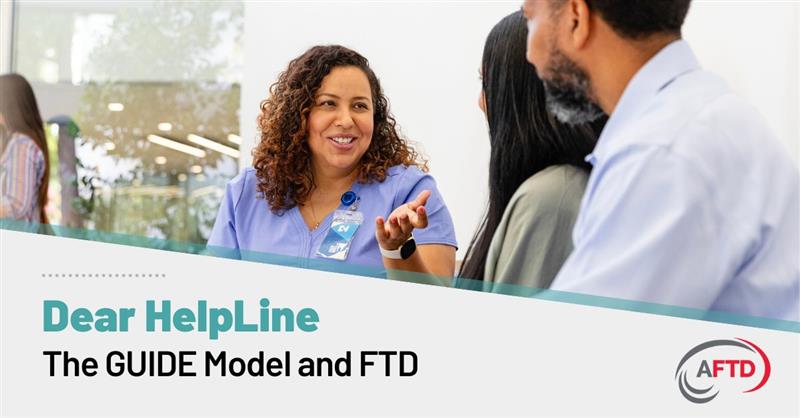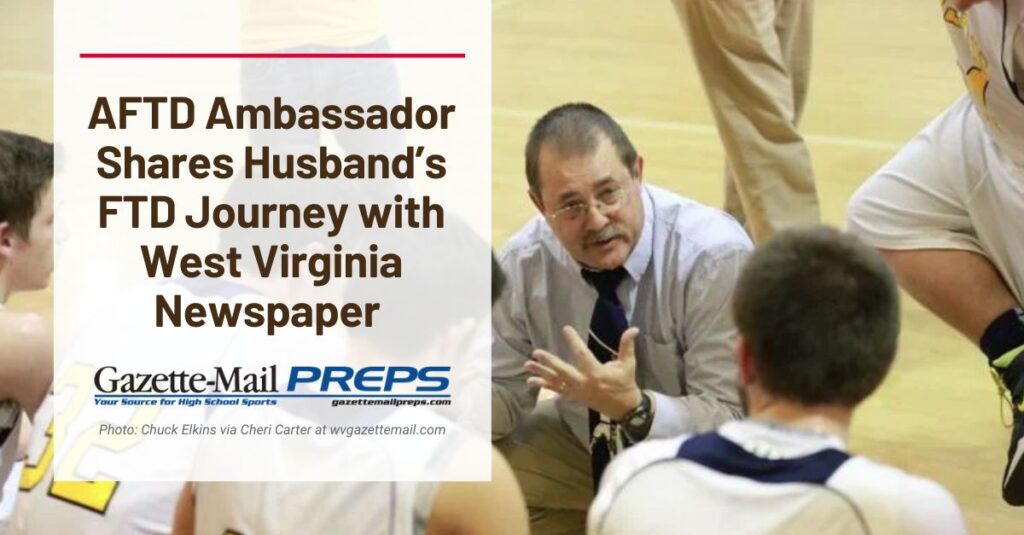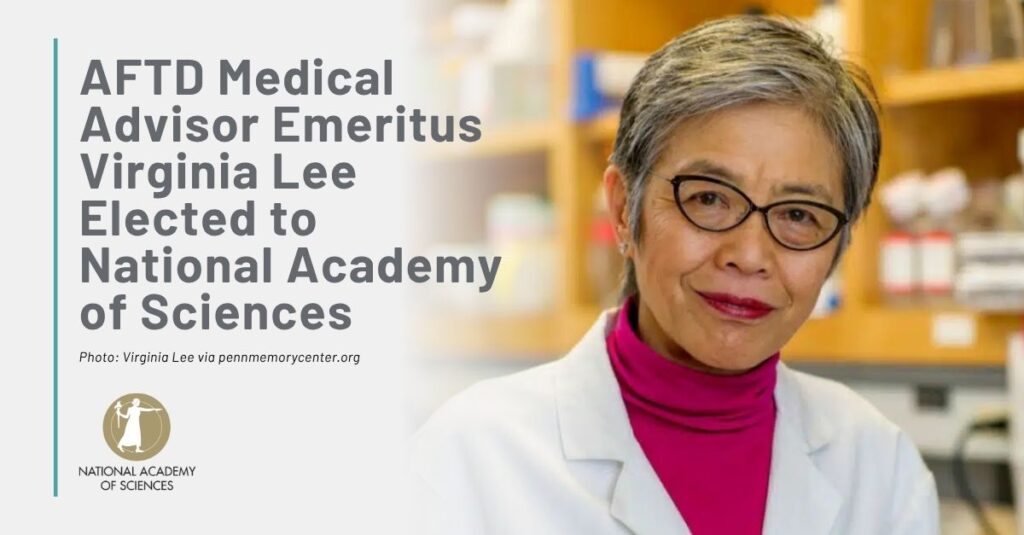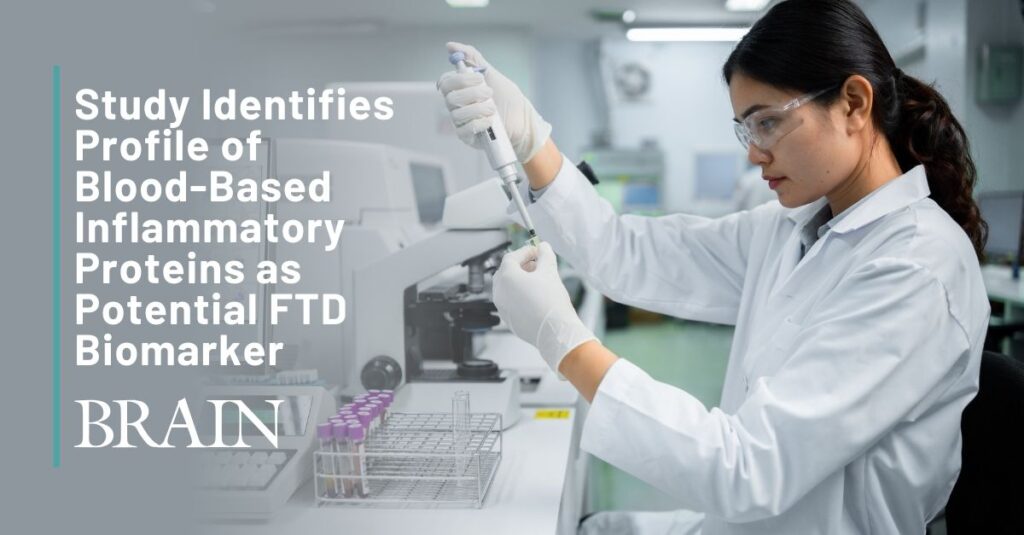Missouri
AFTD can connect you with reliable information, valuable resources, essential support, and opportunities to make a difference.
Contact AFTD’s HelpLine
AFTD's Helpline can provide guidance on resources and opportunities to connect in your state. We can also answer questions you may have regarding FTD diagnosis, care and support.
Contact our HelpLine by Phone: 1-866-507-7222 | Contact our HelpLine by Email: info@theaftd.org.



Support Groups (local, regional, or national) meet once a month and are led by AFTD-trained volunteers or organizations that understand FTD to foster supportive group discussions regarding approaches to care, changing relationships, safety, local resources, grief, self-care, etc.
FTD Diagnostic Centers can help with diagnosis, guidance, and connections to research opportunities.
Get Involved
Become an AFTD volunteer to connect with our community and make the journey better for the next family. AFTD offers a variety of opportunities for volunteers to raise awareness of FTD, raise critical funds and educate local communities. Opportunities include community awareness activities, facilitating support groups, or hosting a local fundraising event.
Sign up here to volunteer or learn more by contacting your AFTD Volunteer Engagement Coordinator at cjohnson@theaftd.org
Carrie Johnson
Volunteer Engagement Coordinator
cjohnson@theaftd.org
Sign Up To Receive AFTD Alerts
News & Events Near You
Dear HelpLine: The GUIDE Model and FTD
Dear HelpLine, My neurologist’s office recently told me about something called GUIDE, for people with dementia. I’m…
AFTD Medical Advisor Emeritus Virginia Lee Elected to National Academy of Sciences
Virginia M.-Y. Lee, PhD, an emeritus member of the AFTD Medical Advisory Council (MAC) and the current…
Emma Heming Willis Honored with Caregiving Award
Emma Heming Willis was recently honored by Maria Shriver’s Women’s Alzheimer’s Movement (WAM) at Cleveland Clinic, receiving…
Session Videos from AFTD’s 2025 Education Conference Now Available
Sessions from AFTD’s 2025 Education Conference are now available on our YouTube channel. Whether you missed a…
Study Identifies Profile of Blood-Based Inflammatory Proteins as Potential FTD Biomarker
A study published in the journal Brain earlier this year identified a profile of inflammation-related proteins that…
Tips & Advice – Navigating FTD-ALS
In 2011, researchers discovered that variants of the C9orf72 gene are the most common cause of both…
Coya Therapeutics Reports Positive Interim Results in Clinical Trial for Experimental FTD Therapy
Coya Therapeutics announced positive interim results for its clinical trial for a potentially disease-modifying treatment course for…












